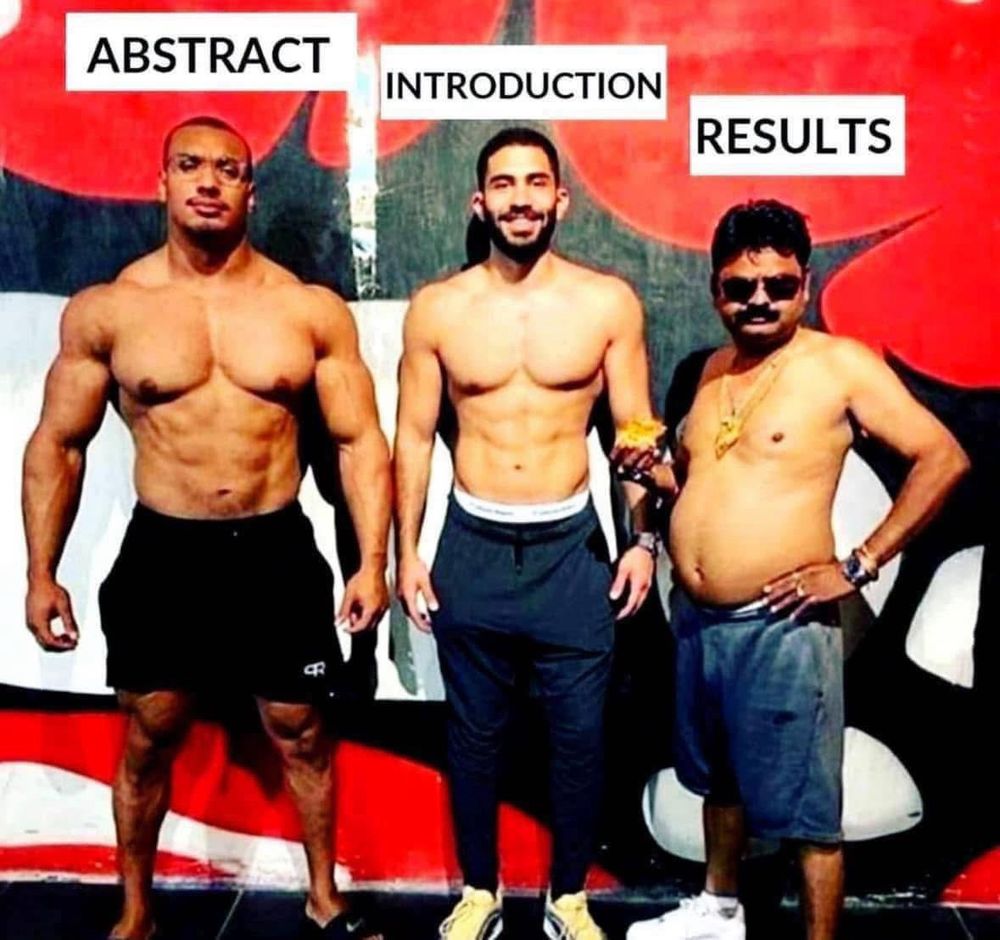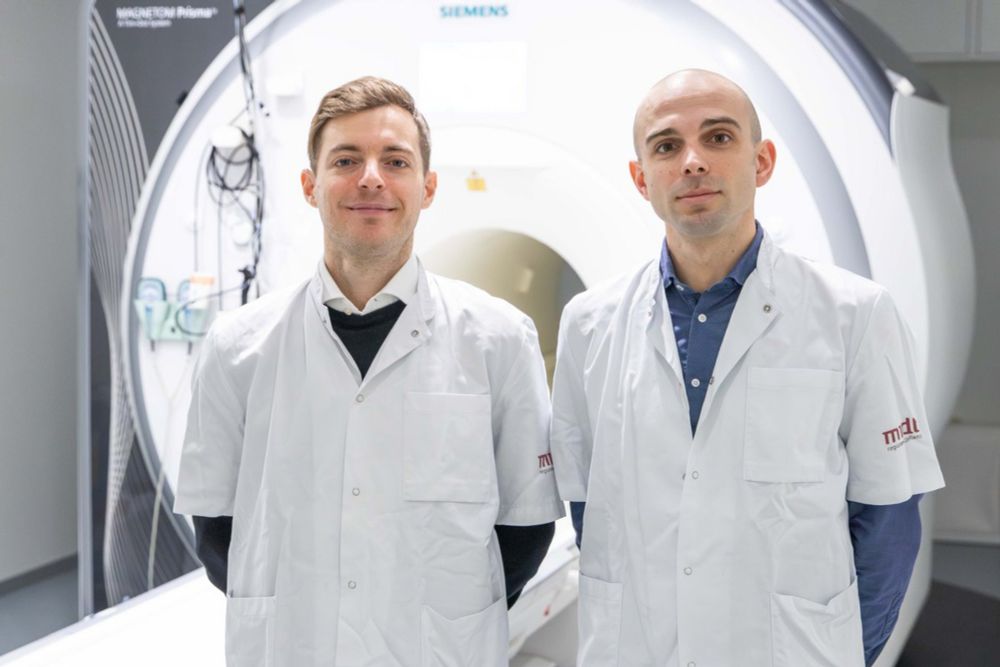🔗 buff.ly/HfMDRkH
🔗 buff.ly/HfMDRkH
It was Rosalind Franklin’s X ray diffraction image that revealed the double helix structure.

It was Rosalind Franklin’s X ray diffraction image that revealed the double helix structure.
We put together seven tried and tested tips for communicating preprinted research with suggestions and resources that can help you on social media and beyond! #SciComm
🔗 buff.ly/1jesQg5

We put together seven tried and tested tips for communicating preprinted research with suggestions and resources that can help you on social media and beyond! #SciComm
🔗 buff.ly/1jesQg5
We asked 30 epilepsy patients to mentally invert short melodies.
Intracerebral #iEEG recordings suggest brain synchrony and sensory inhibition are key for mental manipulation:
doi.org/10.1101/2025...
#neuroskyence #musicscience

We asked 30 epilepsy patients to mentally invert short melodies.
Intracerebral #iEEG recordings suggest brain synchrony and sensory inhibition are key for mental manipulation:
doi.org/10.1101/2025...
#neuroskyence #musicscience
www.sciencedirect.com/science/arti...
Congratulations to Sigurd Alnes for his brilliant work and to the entire team!

www.sciencedirect.com/science/arti...
Congratulations to Sigurd Alnes for his brilliant work and to the entire team!
#evolution #brain
iai.tv/articles/our...

#evolution #brain
iai.tv/articles/our...
www.nature.com/articles/d41...
#research #curiosity #science

www.nature.com/articles/d41...
#research #curiosity #science
📍 Online • 🗓 Thursday, Oct 30 • 14:00–17:00 CET
Learn how to localize intracranial electrodes — and explore many other great toolboxes:
cuttingeeg.org/practicalmee...
#iEEG #ECoG #SEEG
📍 Online • 🗓 Thursday, Oct 30 • 14:00–17:00 CET
Learn how to localize intracranial electrodes — and explore many other great toolboxes:
cuttingeeg.org/practicalmee...
#iEEG #ECoG #SEEG
Read the study here: lnkd.in/dh8hwxjw
#brain #neuroscience #nature #brainmapping #behavior

Read the study here: lnkd.in/dh8hwxjw
#brain #neuroscience #nature #brainmapping #behavior
go.nature.com/4gkzr4A

🔗 Full story in Nature: www.nature.com/articles/d41...
#OpenScience #AcademicPublishing @elife.bsky.social

🔗 Full story in Nature: www.nature.com/articles/d41...
#OpenScience #AcademicPublishing @elife.bsky.social

Scientists at Aarhus University & Oxford developed FREQ-NESS, a new method to map brain networks by their frequencies.
#Neuroscience #Brainwaves #MusicAndTheBrain
Scientists at Aarhus University & Oxford developed FREQ-NESS, a new method to map brain networks by their frequencies.
#Neuroscience #Brainwaves #MusicAndTheBrain
go.nature.com/4n5h71m

go.nature.com/4n5h71m
Our new study shows that the prefrontal cortex doesn’t work as a single unit. Instead, the orbitofrontal and lateral prefrontal cortex make distinct, time-sensitive contributions. #iEEG #BrainLesion #OFC #LPFC
doi.org/10.1101/2025...

Our new study shows that the prefrontal cortex doesn’t work as a single unit. Instead, the orbitofrontal and lateral prefrontal cortex make distinct, time-sensitive contributions. #iEEG #BrainLesion #OFC #LPFC
doi.org/10.1101/2025...



